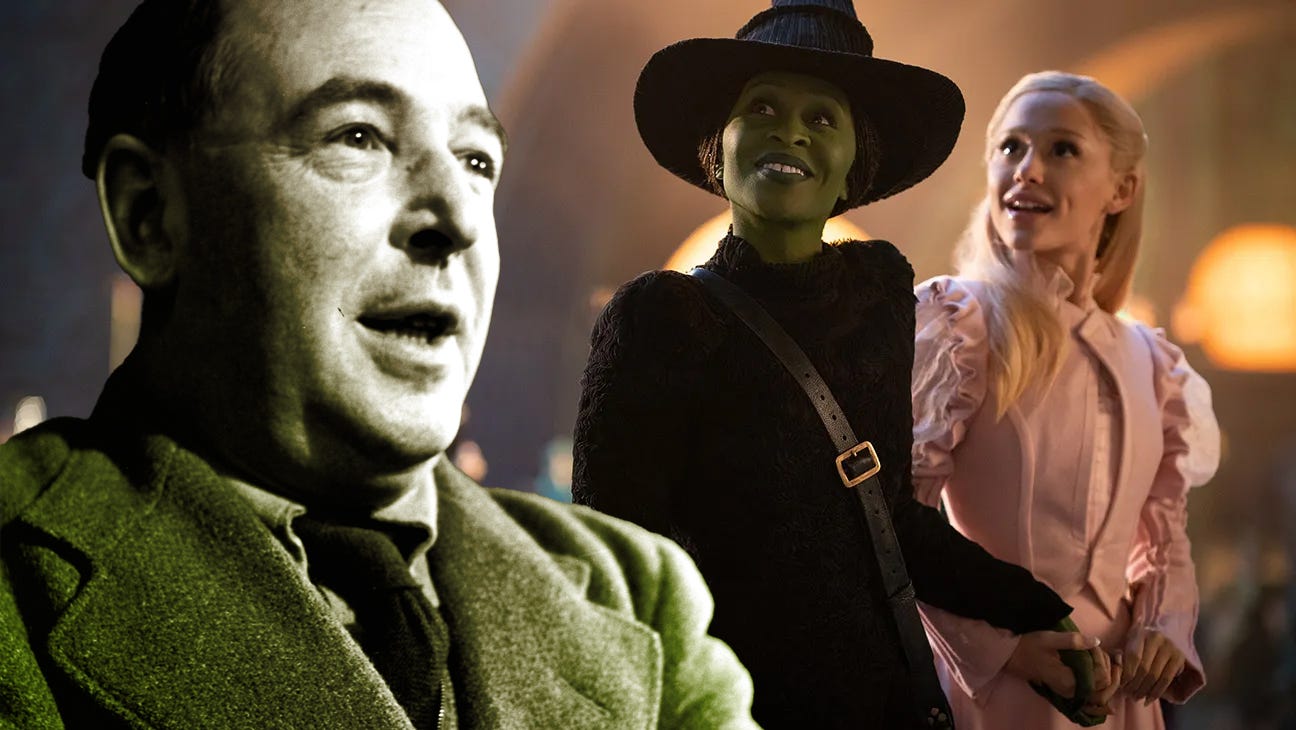What has been will be again,
what has been done will be done again;
there is nothing new under the sun.
―Ecclesiastes 1:9
The words of King Solomon remain just as true today as they have even been. One of the strange outcomes of this universal principle is that you can sometimes find a review for some recent work of literature written long before the work b…
Keep reading with a 7-day free trial
Subscribe to Fandom Pulse to keep reading this post and get 7 days of free access to the full post archives.






